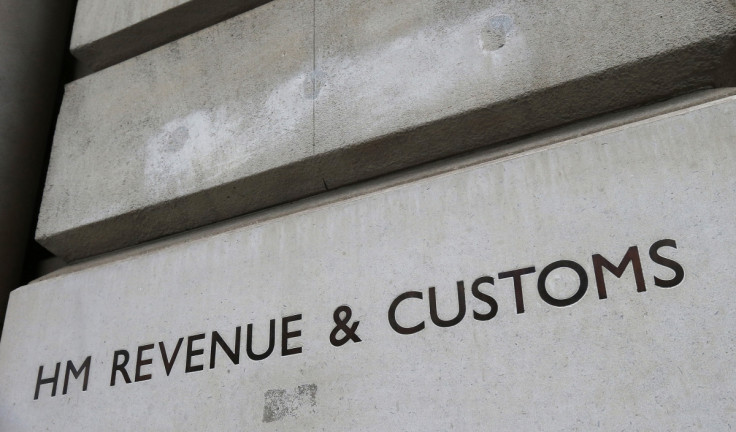Autumn Statement 2014: Banks to pay £4bn tax over next five years after profit rule change

Chancellor George Osborne has announced that banks will pay £4bn more in taxes over the next five years, by changing a rule relating to losses incurred during the financial crisis.
Currently, banks can offset future profits against the losses incurred during the crash in 2008. Osborne will now limit the amount of profit that can be offset against this to 50%.
Osborne also announced a 25% tax on multinational companies that ship their profits offshore, in a move that he said would be worth £1bn a year.
He said that "Britain has led the world on this agenda" and that his government is pursuing a regime of "low taxes, but low taxes that will be paid".
Analysts had forecast tougher rules on tax evasion, with many predicting stronger civil sanctions, meaning those who hadn't declared taxable offshore income would have broken the law.
The strong line on tax avoidance and evasion can be viewed as an effort to convince voters that the Tories are serious about clamping down on both practices.
A recent poll by ComRes, commissioned by Christian Aid, found that 60% of UK adults don't believe politicians are serious, despite promises on tackling corporate tax avoidance. It is a view common across the political spectrum, with 63% of Labour voters, 68% of Ukip, 63% of Liberal Democrats and 53% of Conservatives expressing scepticism over the government's promises.
Speaking at the Conservative Party Conference earlier this year, Osborne had pledged to get tough with multinational tax avoiders.
He said: "Some technology companies go to extraordinary lengths to pay little or no tax here. If you abuse our tax system, you abuse the trust of the British people – my message to those companies is clear: We will put a stop to it."
In October, HMRC announced that the tax gap had risen. The tax gap is the difference between the amount of tax HMRC is supposed to collect and much it actually does collect. HMRC claimed that the tax gap rose to £34bn from £33bn in the year to April 2013.
However, even these figures are deemed to be conservative by tax campaigners.
In September, research by Tax Research LLP, on behalf of the Public and Commercial Services Union, shows that the tax gap - defined as "the difference between the tax that should be paid in the UK if the tax system worked as parliament and HMRC intended, and the amount actually paid" - topped £119bn in 2013-14 and "is rising steadily".
© Copyright IBTimes 2025. All rights reserved.






















